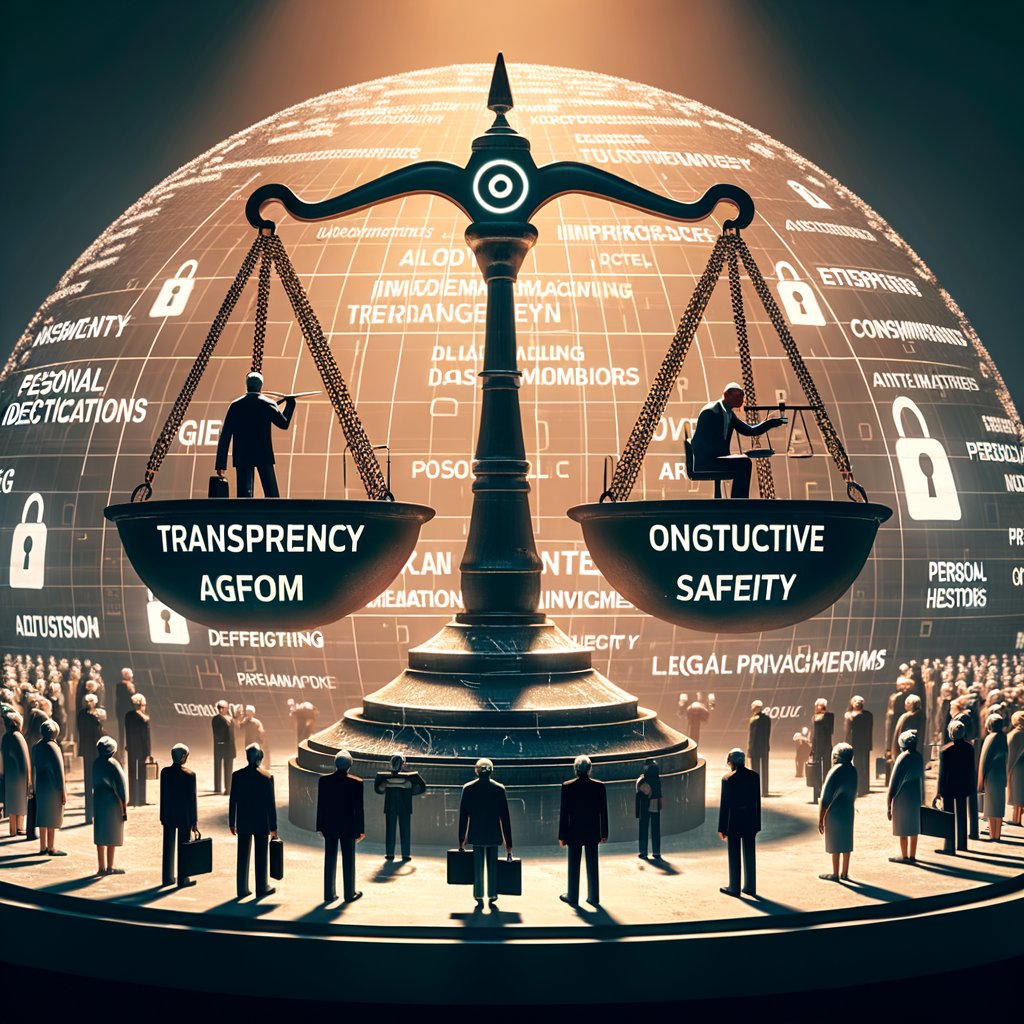Image created by AI
Elon Musk's Intrusion into Social Security Sparks Controversy and Concerns Over Privacy
In a move that has caused both concern and controversy, Elon Musk's recent actions regarding the Social Security Administration (SSA) have come under intense scrutiny. The billionaire's team has reportedly gained access to highly sensitive data within the SSA, stirring fears about the privacy and security of millions of Americans.
The changes in leadership and the administration of the organization were set in motion this past weekend. Michele King, the acting head of the SSA, was replaced by Leland Dudek, an official known for his anti-fraud stance within the agency. This swap at the helm appears to be part of a broader attempt by Musk to overhaul the federal agency, which includes initiating a deeper inquiry into its financial disbursements and tackling what Musk describes as potentially "the biggest fraud in history."
The Social Security program, pivotal to America's social safety net, provides benefits to over 72 million older adults and other recipients such as those with disabilities. Musk's suggestion that the program is riddled with fraud and issues related to unlawful issuances of checks has led to a backlash from various sectors. Critics like Nancy Altman, President of Social Security Works, argue that Musk’s approach is more of a 'fishing expedition' than a constructive reform. Altman's concerns are echoed widely, touching upon the real fears of unwarranted privacy infringements given the SSA's repository of sensitive information like Social Security numbers, medical, and earnings histories.
The recent steps taken by the Department of Government Efficiency (DOGE) – as spearheaded by Musk – follow a troubling pattern of attempts to access confidential information across other federal agencies, prompting several legal challenges and judicial reviews questioning the appropriateness and legality of these actions. Musk's stated goal aims at rectifying the systemic issues within the SSA but has been met with suspicion and resistance, emphasizing the delicate balance between reform and the respect for legal privacy frameworks.
The broader implications of these moves are profound. Social Security has been a bedrock of American post-retirement security for decades and is often referred to as "the third rail of American politics," indicative of its untouchable status in political discourse. Any significant alterations to this program not only fuel political debates but also instill fear among the millions dependent on these benefits for their daily living.
While Musk and certain White House officials allege that the reform is essential to weed out corruption and inefficiencies – citing examples like payments to non-existent centenarians due to outdated computing systems – critics argue these claims are exaggerated and not supported by the SSA's own audit findings. The agency's report from 2015 to 2022 showed improper payments constituted less about 0.84 percent of disbursements, a number far from the wastefulness Musk's preliminary claims suggested.
As the situation unfolds, all eyes are on how these changes will be implemented, the impact on the beneficiaries, and the legal ramifications of the apparent privacy intrusions. What is clear is that Social Security, as a vital component of American society, remains a contentious and sensitive subject ripe with challenges for anyone daring enough to attempt its transformation.










